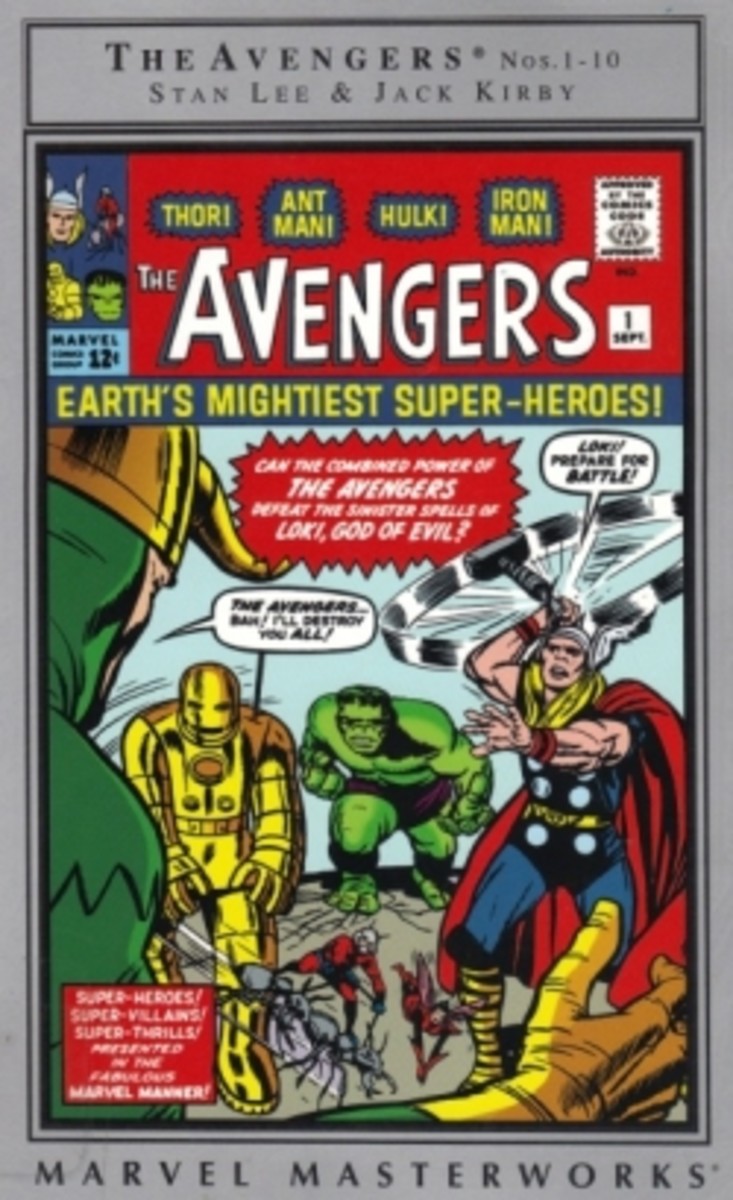Book Review on the Book of Job, Part 2
CHAPTER I
Introduction
This chapter contains the background, the importance, the scope and delimitation of the study, definition of terms, statement of the problem and the methodology.
Background of the Study
The book of Job is written by Moses, according to both Jewish and early Christian scholars. Its poetry, language, and style indicate that it was originally written in Hebrew. The many similarities to the Pentateuch in the prose portion of the book tend to point to Moses as the writer. During the 40-year stay in Midian, Moses could have had access to the facts about Job’s trial, and he likely learned of the outcome of Job’s life when Israel came near Uz on the way to the Promised Land, in 1473 B.C.E.
The book of Job is unique in that it consists largely of a debate between a true servant of Jehovah God and three others who claimed to serve God but who erred in doctrine in their attempts to correct Job. Job, they mistakenly thought, was being punished by God for some grievous hidden sin. Thus, arguing on this basis, they actually became Job’s persecutors. The debate consist of a series of three rounds of speeches, in which all four speakers participate, except that Zophar does not speak in the last round having been silenced by Job’s argument. Thereafter all are corrected by Jehovah’s spokesman Elihu and finally by God himself.
Importance of the Study
In terms of academic, the Book of Job surpasses mythical records found in many books. The situations are written for all humans to understand the big issue facing every individual. An issue challenging each one of us to hold fast our integrity. Integrity to our Supreme creator, integrity to our parents, integrity to our employer, our teachers, integrity to our mate, and lastly integrity to oneself.
To study the book of Job is essential, in conjunction with Genesis 3:1-6 and other scriptures, in revealing the great issue of the righteousness of God in his exercise of sovereignty as well as the manner in which the integrity of God’s earthly servants is involved in the issue. This issue Job did not understand, but he, nevertheless, did not allow his three companions to make him doubt that he had been a man of integrity. He did not understand why his calamity came upon him, since he was no practicer of sin. He was off balance on the matter of self-justification, no doubt being pushed farther in that direction by the constant charges of his three companions. He was also mistaken in insisting on receiving an answer from God as to why he was suffering, when he should realized that no one can rightly say to Jehovah: “Why did you make me this way?” Nevertheless, Jehovah mercifully answered Job, both through his servant Elihu and by speaking to Job from the windstorm. The book therefore strongly drives home the wrong-ness of attempting to justify oneself before God.








